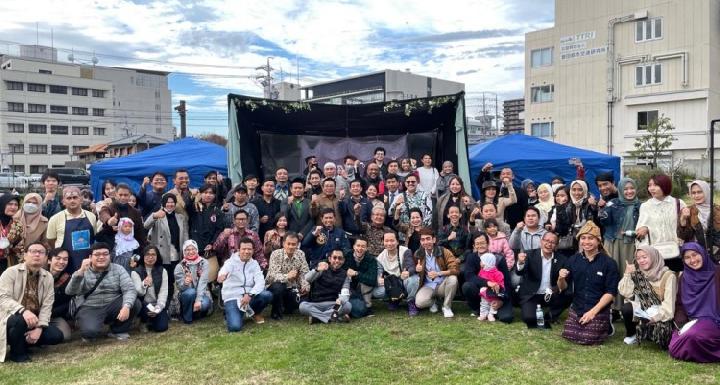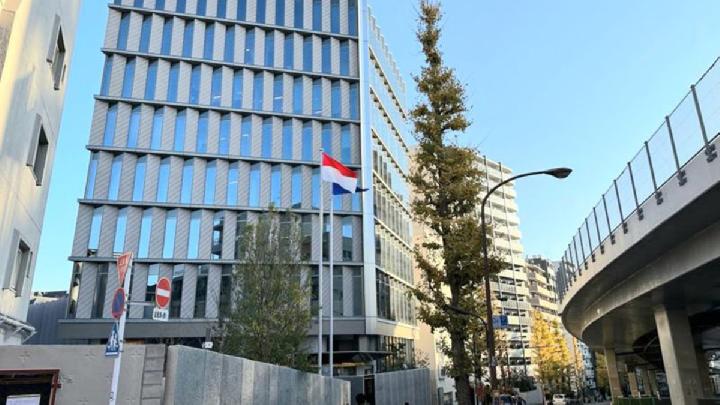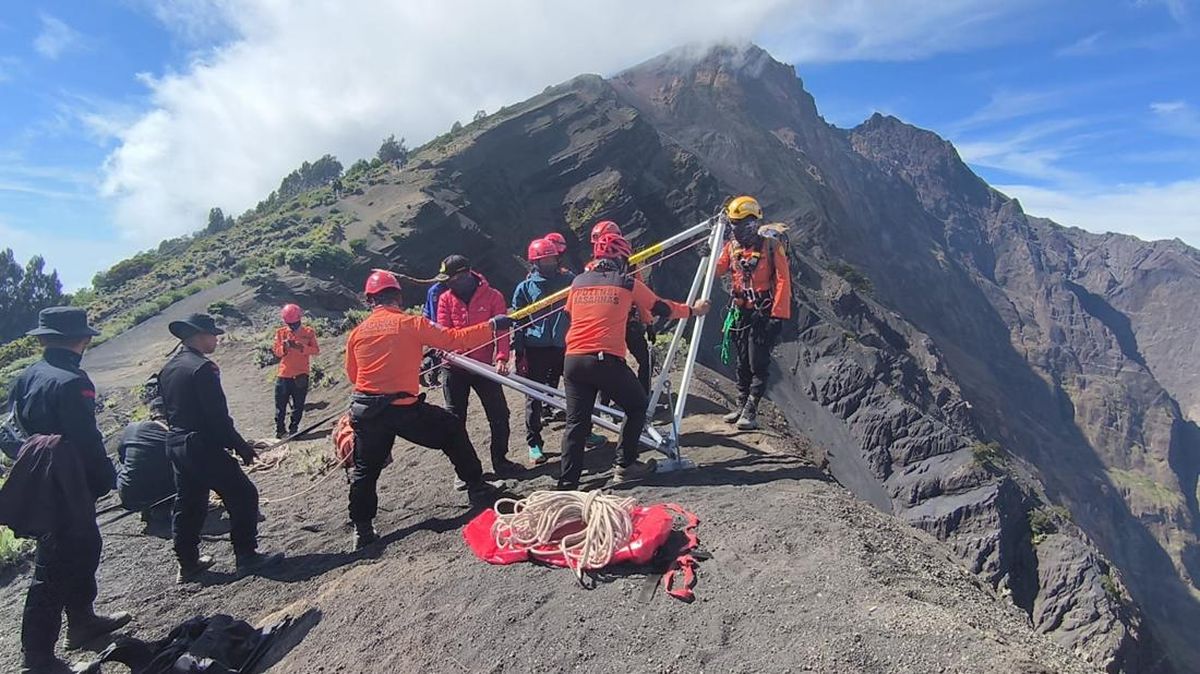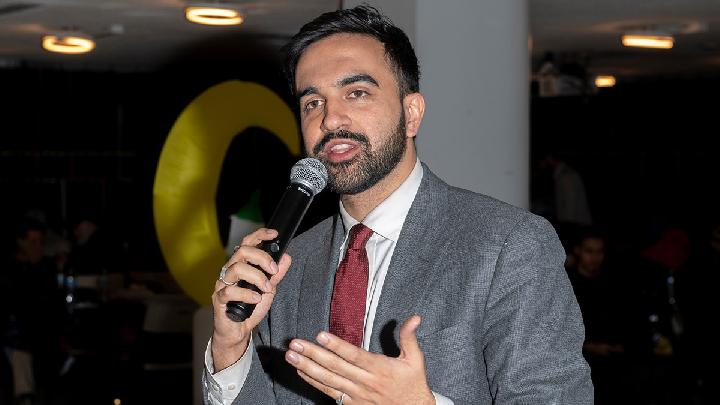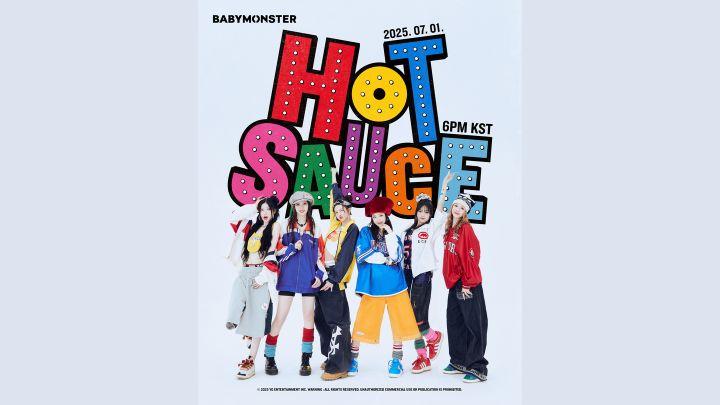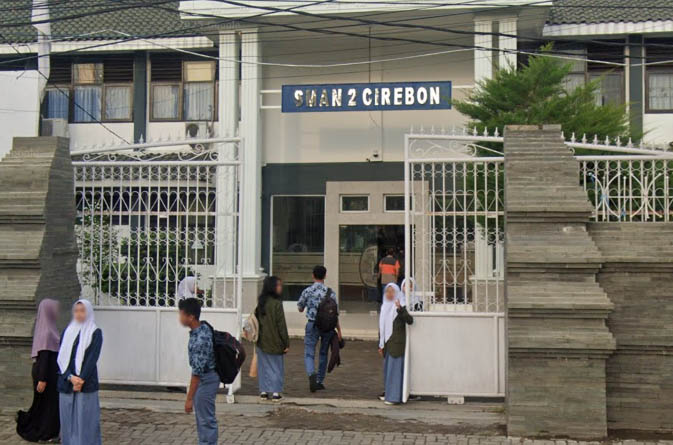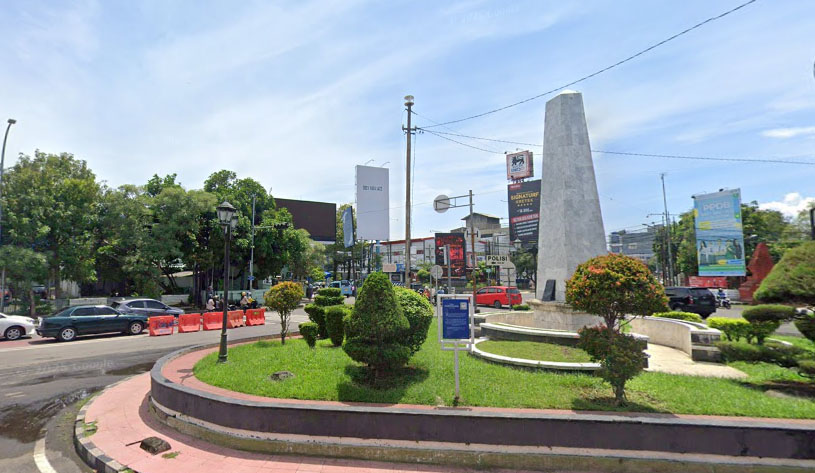Such a shame to hear Chelsea are finding it too hot to train in Philadelphia as they chase the £100million prize money on offer at the Club World Cup – a tournament of such pathetic competitive balance that Erling Haaland rages about Manchester City scoring six goals, rather than seven, against a team from the UAE.
Manager Enzo Maresca’s observations that it’s been ‘impossible’ to organise training sessions, amid the club’s pursuit of cash in the heat, seems to have travelled around the world in the past day or so. Which is rather more than can be said of another story involving Chelsea and money which, while barely registering on football’s radar, matters very much more. By which I mean the £2.3billion raised from the club’s sale, forced on Roman Abramovich three years ago after his friend and benefactor Vladimir Putin invaded Ukraine.
The cash, frozen in a UK bank account where Abramovich can’t lay a finger on it, was supposed to have found its way to victims of the Ukraine war. And God knows there are many who need it in that country.
The dispossessed and grieving who are currently contending with Russian drone and missile attacks which, on one night alone last week in Kyiv, killed 28 and injured more than 100. The desperate mothers and fathers of the 20,000 Ukrainian children forcibly deported to Russia for ‘re-education.’
The impediment to it reaching these people is Abramovich – an individual currently maintaining the belief that he will decide where the cash goes.
An individual who perhaps needs reminding that, despite protestations otherwise from his army of lawyers, it is surely the case he only had the vast personal wealth to buy Chelsea because of his ties to Putin and the heart of the Russian machine, with all the lucrative tax breaks and share deals which his gladhanding brought.
The money from Roman Abramovich's £2.3billion remains frozen in a UK bank account
The government sanctions were issued due to him being a friend and benefactor of Russian president Vladimir Putin, pictured (right) at a FIFA event in 2010
Abramovich has been trying to maintain control of his Chelsea stash from the moment our Government imposed sanctions on him in 2022. He initially declared his intention to hand the club to a charitable foundation which ‘my team’, as he put it, would be setting up. The Government saw that as a ruse to maintain influence and forced him to sell.
Abramovich also insisted that the proceeds from the club’s sale would be 'for the benefit of all victims of the war in Ukraine.' A form of wording which left open the prospect of Russians receiving some or all of it.
The present and previous Government have been understandably reluctant to accommodate the wishes of a Russian oligarch but amid the general rush to sell Chelsea, Abramovich was granted some sign-off on where the proceeds would go. He is refusing the Government’s wish to get it all into Ukraine, so it has remained stuck in that bank for three years.
An excellent new book on the club’s tumultuous change of ownership – ‘Sanctioned’, The Inside story of the sale of Chelsea FC’, by Nick Purewal, breaks new ground and relates the story of Abramovich’s role as something of a Putin attache after Russia invaded Ukraine. Abramovich grants the author two meetings, in Istanbul and Abu Dhabi, and comes across as a benign figure.
But it is a different story ‘Team Abramovich’ you encounter when challenging him. I remember researching his considerable shareholding in the Russian steelmaking giant Evraz, whose products were used to build the Russian military tanks which piled into Ukraine.
When that story ran on these pages, there was a 5.30am text from Abramovich's people with demands to 'please remove this' and a request to 'please call me'. The steel company’s 'head of investor relations' also weighed in with demands for a deletion. We declined.
A few days later, the Foreign Office published its reasons for imposing sanctions on Abramovich. Chelsea’s owner was, or had been, involved in ‘destabilising Ukraine via Evraz plc,’ the Government department stated. The firm had been involved in 'potentially supplying steel to the Russian military which may have been used in the production of tanks.'
It is hard to overstate how desperately Ukraine needs the cash raised by Chelsea’s sale. The US has paused all military aid. The Russian army is increasing by 8-9k per month and launching more drones than ever before.
It is a scandal that money promised from victims of the Ukraine war has not been paid out
Abramovich had a role as something of a Putin attache after Russia invaded Ukraine, according to Nick Purewal's excellent book 'Sanctioned'
There are ways through the deadlock. Purewal interviews a former Unicef chief executive, Mike Penrose, who has been involved in a mooted foundation which would dispense the Chelsea money.
Penrose argues for greater flexibility on spending it outside Ukraine, with a Government observer on the foundation’s board to ensure it is not a vessel to funnel cash to Russia, or back to Abramovich himself.
If Abramovich won’t accept that, then perhaps action is needed to prick the deluded sense of victimhood about Chelsea which, judging by his comments to Purewal, he seems to be harbouring.
Hauling him before a UK court and forcing the issue, as Foreign Secretary David Lammy recently hinted, might do the job.
A sense of urgency within football would also help. Chelsea will soon reach a £2billion spend on players in the post-Abramovich era and yet not a penny of a promised equivalent sum has been spent in a benighted country which is a long way, in every sense, from the Club World Cup.
It’s a scandal. A story of rather more significance than the Philadelphia weather.
Fergie would have sorted out Garnacho
I’ve watched a lot of Manchester United these past few years with my nine-year-old grandson, who loves them, and for both of us, Alejandro Garnacho has so often been the shining light.
So I’m sad to see it end like this for him and wonder would the old man Ferguson, with his cast iron discipline and intolerance of nonsense, have saved a few of these lost boys from the worst of their foolish adolescence? I think so.
Alejandro Garnacho's photo in an Aston Villa shirt has riled Manchester United fans
Raducanu's attempt to recapture golden summer
Emma Raducanu’s vivid talk of her ‘genuine connection’ with future mixed doubles partner Carlos Alcaraz suggests she’s trying to recapture the spirit of US Open 2021 – where they both broke through together.
Her decision to split with Andrew Richardson, who coached her through those sublime two weeks at Flushing Meadows, was madness but she seems to have found another way of transporting herself back to that golden summer. There’s cause to rejoice at that.
Emma Raducanu (left) turned up to watch new doubles partner Carlos Alcaraz at Queen's and spoke about her 'genuine connection' with him
No Hollywood gloss for Donnelly
The lengths to which film director Joseph Klosinski has gone to perfect the technical dimensions of the new Brad Pitt blockbuster, F1, tells you everything about why, despite some cheesiness, it is an unmissable depiction of life in the cockpit.
Pitt’s character, Sonny Hayes, a one-time prodigy who was the best of his generation until a horror crash ended his competitive career, is based on Northern Irishman Martin Donnelly, who was soaring until a crash in practice for the Spanish GP at Jerez in 1990.
A suspension failure sent Donnelly flying off into barrier and left him prone on the track, still strapped to his seat. The footage is horrifying.
While Pitt’s character gets another shot at glory, there was no Hollywood gloss for Donnelly, who had to be resuscitated three times. It was a miracle he survived.

 3 months ago
58
3 months ago
58






























